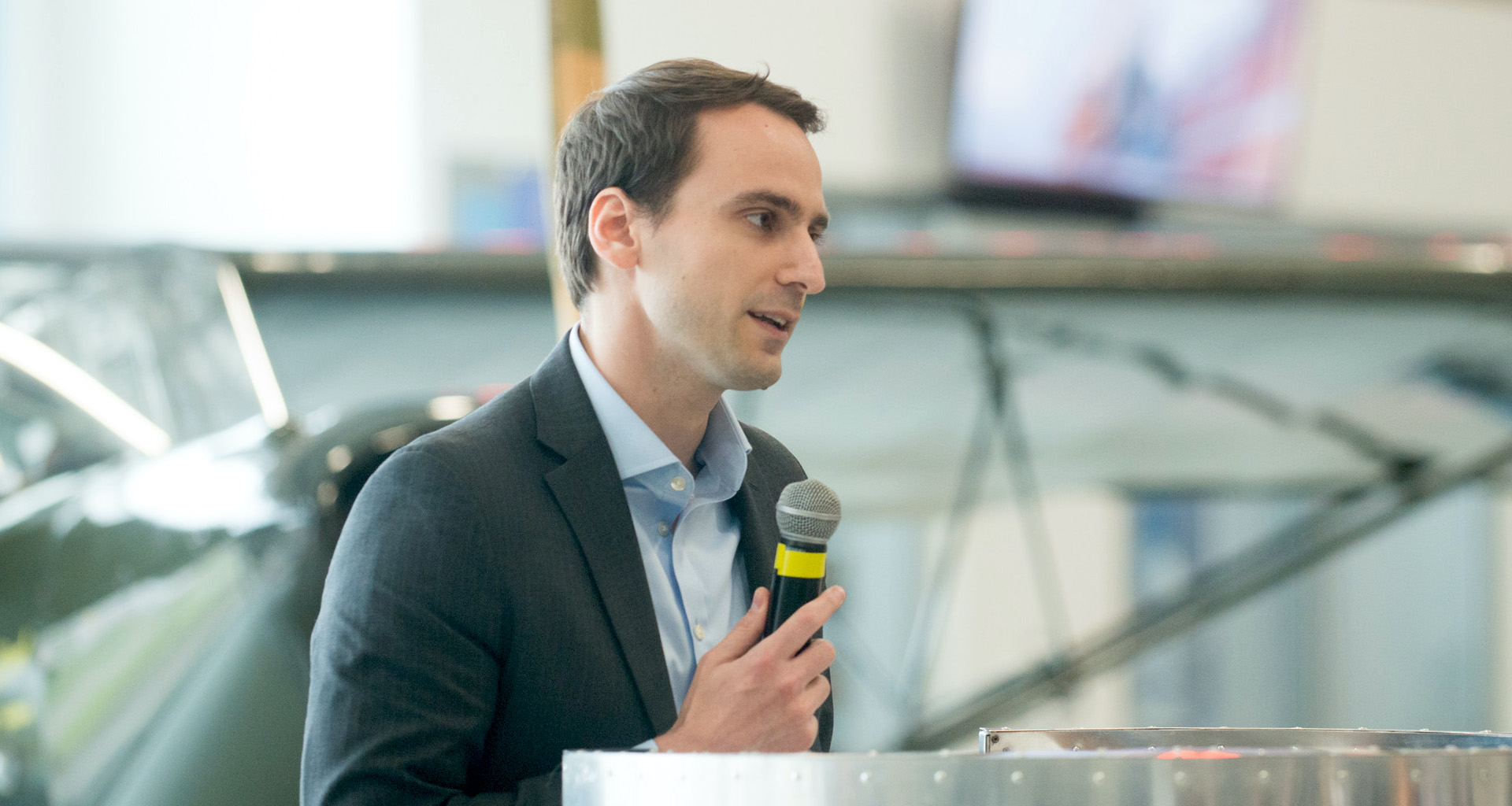When the Biden administration created a safety institute at the standards agency and then used it to run “x-risk evals, I think we kind of lost our way there,” he said. (“X-risk” is a shortened term for “existential risk” that’s associated with the idea that AI poses major threats to humanity.)
“To me, I think we need to go back to basics at NIST, and back to basics around what NIST exists for, and that is to promulgate best-in-class standards and do critical metrology or measurement science around AI models,” Kratsios said.
Kratsios’s comments about the body once known as the AI Safety Institute came a day after the White House released its anticipated AI Action Plan — which made dozens of recommendations to do things like deregulate and rid AI of “ideological bias” — as well as three executive orders that set parts of that plan into motion. The Thursday panel, moderated by CTA’s CEO and vice chair Gary Shapiro, was focused on those actions.
The discussion also followed the Trump administration’s move last month to rename the NIST-located safety institute to the Center for AI Standards and Innovation, cutting “safety” from the name. That component was initially announced by the Biden administration in November 2023 at the UK AI Safety Summit and, over the next year, focused on working with industry, establishing testing agreements with companies, and conducting evaluations.
I get that he’s most likely just “following orders” from Thiel, and probably not coming up with any of this policy, but I still hate this guy so much. I have to give Thiel credit. Once again proving he sure knows how to craft a good public scapegoat for when things inevitably go horribly wrong.



Violence and historical conceptions of servitude aren’t the only way to violate rights. Rejection of externalities does not require violence or servitude; yet it is arguably a fundamental aspect of libertarianism.
I don’t mean specific instructions, I am talking about philosophical perspectives too. Perfect freedom of association does not exist in a universe (reality) with externalities.
I would disagree, be it in the American context or in other countries. In other countries, oligarchs don’t bother since libertarian polemics aren’t the best tool for the job. I lived in the US under Bush and Obama, I can’t say that US oligarchs from the time “just loved liberal democracies with left traits”.
Some other examples come to mind (no web searches, just going from memory).
While on a general level, I agree that “the closer the better”, individuals who associate with libertarianism almost universally reject personal responsibility by leveraging polemics about “free” association.
Even casually opening the Cato website (did it as an experiment), reveals a clear disregard for reality and tons of open corporate propaganda. Demagoguery; undeniably pre-meditated dishonesty.
Call it word salad, mashed potatoes or Peruvian causa, makes no difference to me.
The fact remains that libertarianism is an American oligarch polemical strategy aimed at enabling corruption and keeping local plebs in line (because Americans respond particularly well to certain keywords and copytext).
Denying that doesn’t give you much credibility! Just think for a second how it makes you look!
I saw all I needed by clicking a random article on the Cato’s frontpage. It’s is clear that they are demagogues and malicious.
And I am willing to bet if we look at their funding, it is all run by oligarch/criminal groups.
I am not going to deny basic facts about life “follow the money” based on some half assed rehortic.
We good?
No, it’s not, this is factually incorrect.
You seem to be in denial that some ideologies start from a desired society to imagining whatever criteria will fit to practical means, like yours, and some, like libertarian ones, start from a set of desired criteria to imagining different possible desired societies and value sets and practical means fitting them. You seem pretend instead that libertarianism is too like the former ideologies, but with something you don’t like as the desired point.
Also even typical ancap doesn’t ignore externalia. Air pollution, for example, is considered. You might just not know what the flying fuck you are talking about, thinking it’s “something-something absolute property rights”.
In rhetoric of course they did, just like in rhetoric they like libertarianism now. I don’t need anything more, because you haven’t provided anything more.
Facebook and Google and Apple and Microsoft are the oligarchies I was thinking about.
This is a word salad. The whole point of libertarianism is that responsibility can’t be delegated. It’s just that to demand some things from others is not in your right, but that’s not about their responsibility, that’s about you making weird demands.
What is this intended to say?
I said it’s a good institution because it still does what it’s intended to do - provides libertarian perspective on events without drift.
I didn’t say you’ll find things you won’t call these cliches. Their purpose is not in being liked by you or in any way delivering upon your desires what they should and shouldn’t say.
I’ve just visited their site and read their articles on a few random popular questions - surveillance, “hate speech”, “AI”.
I frankly felt much better from their sober tone. This (https://www.cato.org/policy-analysis/misleading-panic-over-misinformation) article is perfect , it explains patiently and in non-agitated terms what I sometimes try to say about how some problems should be resolved.
(It, eh, doesn’t touch upon some bigger threats like Google and others not really intending to ever further compete, but that has happened in the past and many of those companies are no longer around.)